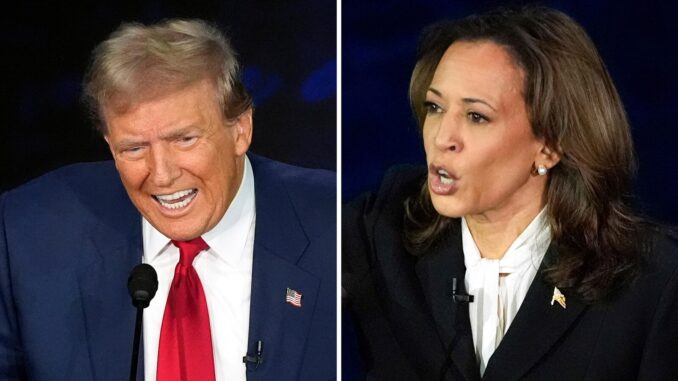
ATLANTIC CITY, N.J. — You can now do more than just vote in this fall’s Congressional elections: You can bet on them, too.
A startup company on Thursday began taking what amounts to bets on the outcome of the November Congressional elections after a judge refused to block them from doing so.
The ruling by U.S. District Court Judge Jia Cobb in Washington permitted the only legally sanctioned bets on U.S. elections by an American jurisdiction.
It enabled, at least temporarily, New York-based Kalshi to offer prediction contracts — essentially yes-or-no bets — on which party will win control of the Senate and the House in November.
The company and its lawyer did not respond to requests for comment, but within 90 minutes of the judge’s ruling, the bets were being advertised on the company’s web site. Earlier in the day, the website had said they were “coming soon.”
It was not clear how long such betting might last; the Commodity Futures Trading Commission, which last year prohibited the company from offering them, said it would appeal the ruling as quickly as possible.
Contrasting his client with foreign companies who take bets from American customers on U.S. elections without U.S. government approval, Roth said Kalshi is trying to do things the right way, under government regulation.
“It invested significantly in these markets,” he said during Thursday’s hearing. “They spent millions of dollars. It would be perverse if all that investment went up in smoke.”
But Raagnee Beri, an attorney for the commission, said allowing such bets could invite malicious activities designed to influence the outcome of elections and undermine already fragile public confidence in the voting process.
“These contracts would give market participants a $100 million incentive to influence the market on the election,” she said. “There is a very severe public interest threat.”
She used the analogy of someone who has taken an investment position in corn commodities.
“Somebody puts out misinformation about a drought, that a drought is coming,” she said. “That could move the market on the price of corn. The same thing could happen here. The commission is not required to suffer the flood before building a dam.”
Thursday’s ruling will not be the last word on the case. The commission said it will appeal on an emergency basis to a Washington D.C. circuit court, and asked the judge to stay her ruling for 24 hours. But the judge declined, leaving no prohibition in place on the company offering election bets, at least in the very near term.
The company already offers yes-no positions on political topics including whether a government shutdown will happen this year, whether a new Supreme Court justice will be confirmed this year, and whether President Joe Biden’s approval rating will be above or below a certain level by the end of the year.
The Kalshi bets are technically not the first to be offered legally on U.S. elections. West Virginia permitted such bets for one hour in April 2020 before reversing itself and canceling those betting markets, deciding it had not done the proper research beforehand.
___
Follow Wayne Parry on X at www.twitter.com/WayneParryAC


Be the first to comment